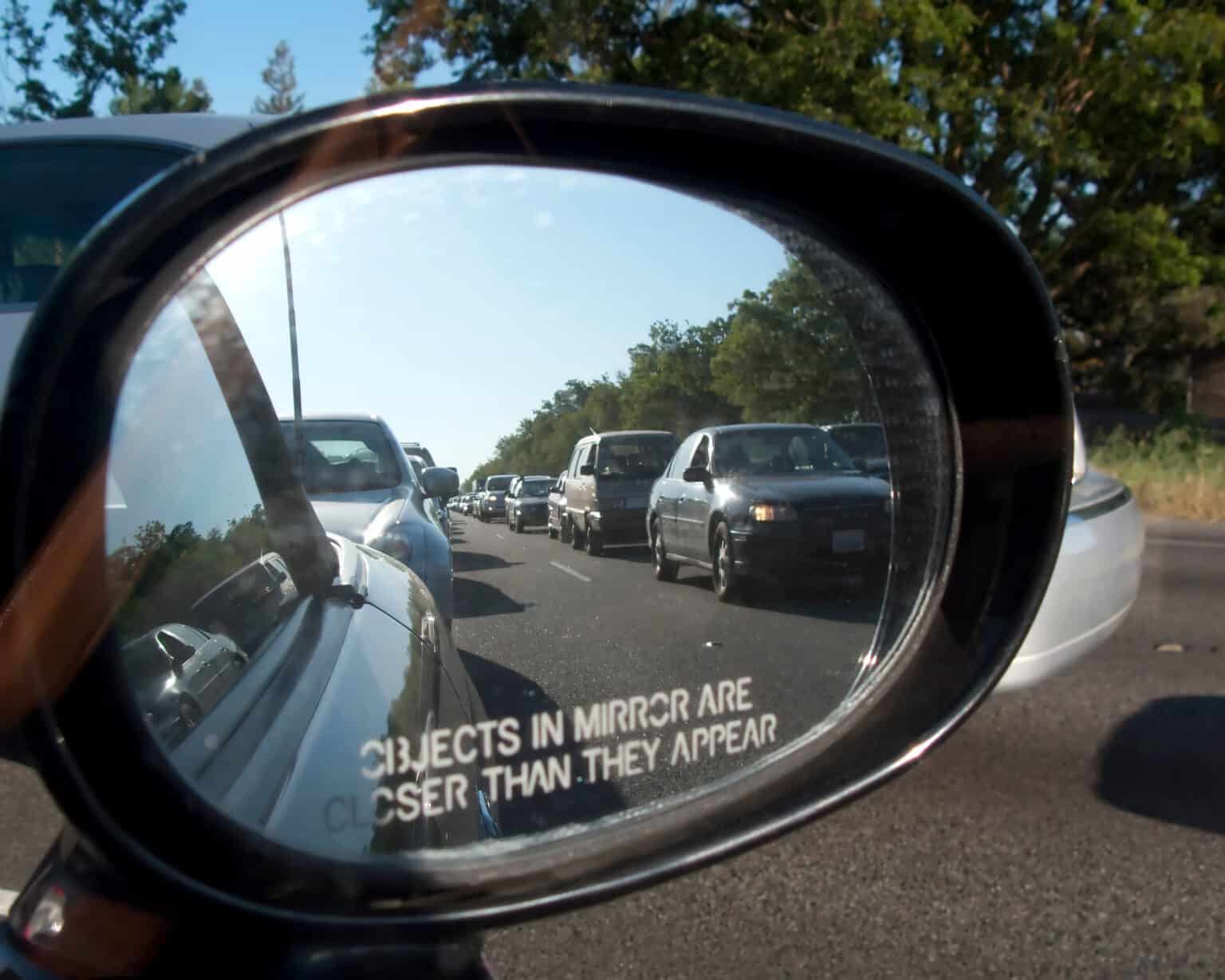
You’re driving along carefully when, out of the blue, a careless driver hits the back of your car. You get injured and miss work. What are your rights after this rear-end collision?
This article discusses the causes of rear-end accidents, common injuries caused by these crashes, and the steps to take after an Alabama rear-end collision. Knowing this information can help you protect yourself and get the compensation you deserve.
What Is a Rear-End Collision?
A rear-end collision happens when a vehicle hits the back of another vehicle. According to data from the National Highway Traffic Safety Administration (NHTSA), rear-end collisions account for roughly 30% of all crashes. This makes them the most common type of car accident. Rear-end crashes usually happen at low speeds. Nevertheless, these accidents can cause serious injuries and extensive property damage.
Common Injuries Sustained in Rear-End Collisions
The type and severity of injuries in an accident depend on multiple factors, including each car’s rate of speed, the type of road, and seat belt usage. But even at low speeds, rear-end collisions can cause serious injuries such as whiplash. Whiplash happens when a sudden jolt causes the head and neck to snap forward and then back. The motion places strain on the neck’s muscles and ligaments, leading to painful and limited movement.
Beyond whiplash, other common injuries related to rear-end collisions include
- Spinal and back injuries (e.g., herniated discs),
- Concussions and other brain injuries,
- Soft tissue injuries (e.g., bruises, sprains, and strains), and
- Broken bones.
Common Causes of Rear-End Accidents
According to the NHTSA, distracted driving causes roughly 87 percent of all rear-end accidents. Other common causes include
- Tailgating (following too closely),
- Stopping suddenly,
- Speeding,
- Road hazards (e.g., potholes), and
- Poor weather conditions.
Who is Usually at Fault in a Rear-End Collision?
In civil cases, the injured person (the “plaintiff”) has the burden of proof. This means that it’s the plaintiff’s job to convince the court that the other person (“the defendant”) was responsible for their injury. In a personal injury case involving a car accident, the plaintiff has to prove that the defendant was negligent. A person is negligent when they: 1) owe someone a duty; 2) fail to uphold that duty; and 3) the failure injured the plaintiff.
When two vehicles are involved in a rear-end collision, the driver of the following vehicle is more likely to be found at fault. Drivers owe a duty to each other to follow the rules of the road. A driver who is speeding, not paying attention, or following so closely that they cannot stop before hitting the car in front of them has not honored that duty. This makes it more likely that they will be found responsible for the accident and the resulting damage.
However, there are times when the lead vehicle is the cause of the crash. This can happen if the vehicle in front stops unexpectedly or reverses suddenly, which may be considered negligent under certain circumstances. Also, if the front car has non-working or malfunctioning brake lights, the owner’s failure to keep their vehicle in a safe operating condition breaches their duty to other drivers and makes it more likely that the crash is their fault.
What Evidence Do I Need in a Rear-End Accident?
In personal injury cases, evidence matters. Insurance adjusters, judges, and juries will want to see proof of how the accident happened, how you were injured, and how these injuries affected your life.
Proving fault in a rear-end collision starts at the scene of the accident. Immediately after the accident, start gathering evidence as soon as you are able to safely do so. Important items to collect include pictures of the accident scene (especially the position of the vehicles), the names of any witnesses, and the other driver’s information. This information can help your Alabama injury lawyer make arguments about fault.
Your Alabama accident attorney will also want to see your medical records, pay stubs, and tax forms. This will help your injury lawyer make arguments to get you the highest possible compensation for your injuries.
Do You Have More Questions About Your Rear-End Collision Claim?
Rear-end collisions can have serious consequences, but taking the proper steps after a rear-end crash can help. If you’ve been involved in a rear-end collision, don’t hesitate to contact Collins Law, LLC. Our team will work tirelessly to get you the compensation that you deserve. To schedule your free, no-obligation consultation, contact our team by calling 205-588-1411 or using our website’s online scheduling tool.